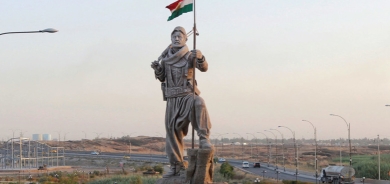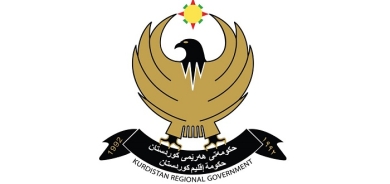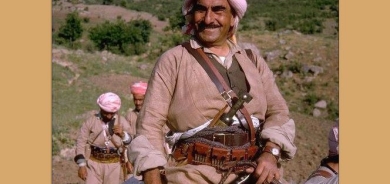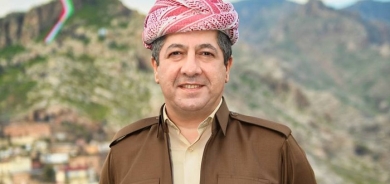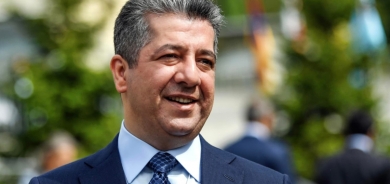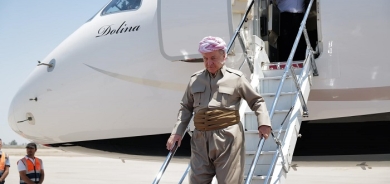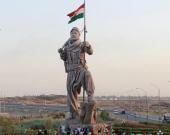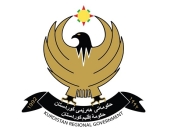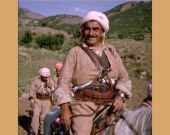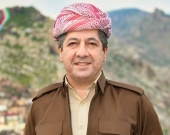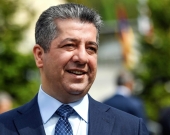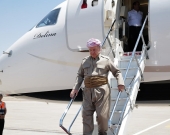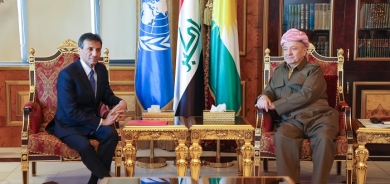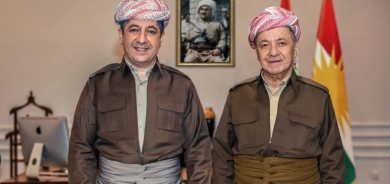Unlocking Economic Potential: The Path for Kurdistan Region

A comprehensive report authored by Dr. Honar Issa, Secretary of the Board of Trustees at the American University of Kurdistan and Director of the Middle East Peace and Security Forum, and published by The Atlantic Council, delves into the intricate journey of Iraqi Kurdistan's efforts to strengthen its economy through diversification. The report sheds light on the multifaceted strategies pursued by the Kurdistan Regional Government (KRG) under its Vision 2020 and Vision 2030 initiatives to harness economic potential and build a resilient foundation for growth.
Promoting Economic Resilience through Diversification
Dr. Issa's report highlights the KRG's resolute commitment to establishing a diversified economy in the Kurdistan Region of Iraq. The government has undertaken a series of initiatives, encompassing administrative reform, digital transformation, agricultural development, advancements in the banking system, and the implementation of a tax regime. These endeavors collectively aim to reduce the region's reliance on a single source of revenue and create a more dynamic and sustainable economic landscape.
Legal Framework, Regulatory Bodies, and Infrastructure Development
The report underscores the significance of transparent and efficient government institutions, a well-functioning legal framework, and effective regulatory bodies as foundational pillars for a thriving economy. Dr. Issa calls for increased emphasis on infrastructure development, particularly in renewable energy and communication technologies, to facilitate economic activities and trade.
Cultivating Innovation and Ensuring Inclusion
Fostering a culture of innovation emerges as a key driver of economic growth. Dr. Issa highlights the importance of research and development incentives, intellectual property protection, access to financing, and support for small and medium-sized businesses in cultivating innovation. The KRG has already taken steps in this direction by introducing incentives for innovation and funding for startups and young entrepreneurs. Social inclusion is also underscored as a critical factor, requiring equitable access to opportunities, poverty alleviation measures, and the establishment of social safety nets.
Overcoming Challenges and Seizing Opportunities
Dr. Issa's report acknowledges the challenges that hinder economic diversification, including political uncertainties and internal conflicts that discourage foreign investment and disrupt economic activities. The report also addresses the volatility of oil prices and challenges related to oil sector administration, emphasizing the importance of a diversified economy to mitigate these risks.
Education's Crucial Role
Education is highlighted as a linchpin in the economic transformation process. Dr. Issa points out that equipping the workforce with essential skills is vital for building a sustainable and thriving economy. The report suggests that partnerships between employers and academic institutions, facilitated through public-private partnerships (PPPs), can bridge the gap between education and industry needs. Curricula should focus on professionalism, critical thinking, soft skills, financial literacy, and digital competency, while fostering entrepreneurship and innovation.
Charting a Path Forward
The report presents a strategic approach to addressing one of the most pressing issues faced by the KRG—the excessiveness of its payroll expenditure. Dr. Issa proposes a reallocation of funds from redundant government employees to the private sector, coupled with the establishment of a pension scheme and strategic investments in infrastructure and research and development initiatives. This approach aims to align payroll spending with international standards, reduce government expenditure, and create a more efficient and agile economy.
As Iraqi Kurdistan navigates this transformative journey, Dr. Honar Issa's comprehensive report provides invaluable insights into the region's endeavors, challenges, and potential for economic diversification. The strategies outlined in the report could not only reshape the economic landscape of Iraqi Kurdistan but also serve as a blueprint for fostering growth and resilience in other regions facing similar challenges.

